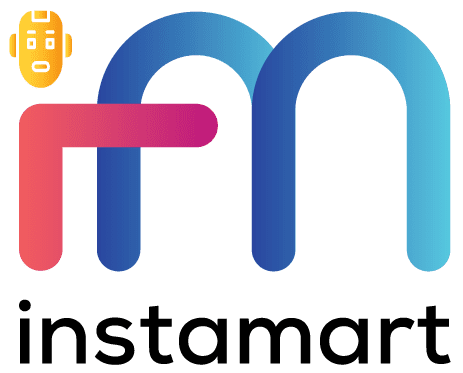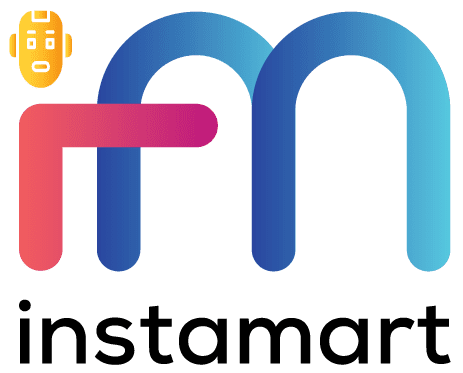The rapid advancements in Artificial intelligence technology have paved the way for remarkable progress in various fields, including news writing. Recently, Google introduced an innovative tool powered by artificial intelligence, aiming to revolutionize and streamline the process of generating news articles. According to close sources, the Tech giant pitched it to broadcasting organizations such as The New York Times, The Washington Post, and The Wall Street Journal’s owner, News Corp.
The artificial intelligence tool has an internal name of “Genesis, ” commonly known to mean the origin. Ideally, this best describes it as it spearheads the incorporation of artificial intelligence in the journalism industry. Currently, the AI-enabled machine is in the testing stage with the hope of being validated by the telecasting industry.
An Inside Look at the Artificial Intelligence Tool
Genesis can take information on details of current happenings for instance and generate story content as reported by The New York Times. Google believes it could serve as a personal assistant for journalists to automate some tasks and free up time for the pressing ones. They termed it a responsible technology for the industry.
Speaking to TechCrunch, a Google spokesperson said they are in the earliest stages of partnering with cable publishers, more so small publishers to provide AI-enabled services to help news writers perform their duties. Additionally, they could assist journalists with different writing styles and options for headlines and are not in any way intended to replace the significant role broadcasters have in creating, fact-checking, and reporting their articles.
Read also: Google AI chat service Introduces the Swahili Language
Reactions of Artificial Intelligence on Journalism
The New York Times reported that some executives who had access to the pitch termed it as “Unsettling” arguing that it seemed to overlook the effort that goes into producing accurate news articles.
Among the organizations that got the pitch from Google, some had a say about the new AI tool while others such as The Times and The Post chose to reserve their comments. A spokesperson from New Corp in a statement said they have an excellent relationship with Google and appreciate Sundar Pichai’s long-term commitment to broadcasting.
Mr. Jeff Jarvis, a journalism professor at the Craig Newark Graduate School of Journalism noted the possibility of having positives and negatives of the AI-powered tool. The tool could greatly assist journalists if it can deliver factual information. However, it could prove to be disastrous not only for the credibility of the tool but the news organizations if it were to be misused by users, he said.
Even as Google’s new AI causes anxiety and uncertainty among journalists concerning the future of their professions, some broadcast organizations such as The Times, Insider, and NPR have notified their employees of their intention to explore the capabilities of the artificial intelligence expert systems to expand their horizons in news writing.
Despite that, there have been organizations including The Associated Press that have been using artificial intelligence to write stories about matters on corporate earnings reports even though they are a less significant number. Similarly, CNET earlier this year began using generative AI to produce articles. The move however ended up going wrong for the company. Some of the articles contained factual errors as well as plagiarized materials forcing them to make changes and indicating the editor’s note that the earlier versions were AI-assisted and had an updated version by human writers.
Possible Projections on Impacts of AI in News Writing
As technology continues advancing at a staggering pace across industries worldwide including journalism, the integration of artificial intelligence revolution such as those pioneered by Google offers substantial benefits for both industry professionals and consumers.
By leveraging these tools’ capabilities features like enhanced efficiency, improved accuracy, and reducing personal biases in news writing can be achieved. Although some may express concerns regarding the impact of AI on job prospects for journalists, it is vital to remember that these tools are intended to assist rather than replace human involvement. By allowing professionals more time to focus on investigative reporting and unbiased analysis while utilizing the power of technology to rapidly generate factual content; journalism as a whole could flourish even further.







